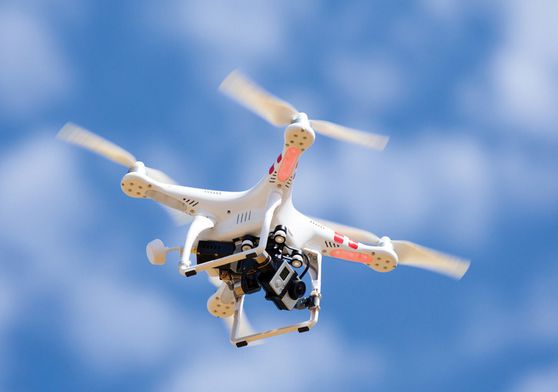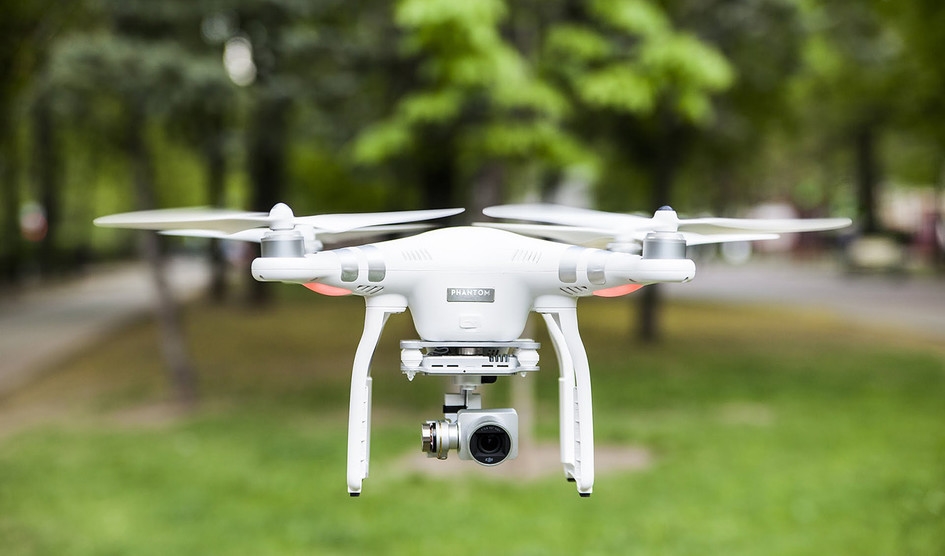Understanding Drone Strike Technology
 Drone strike technology has evolved significantly over the years. Initially developed for reconnaissance, drones are now equipped with advanced weaponry, enabling them to execute complex military operations remotely. The use of drones in military operations is primarily due to their ability to mitigate risk for human soldiers and provide real-time data which enhances strategic decision-making. This technology encapsulates a range of applications, from targeting high-value objectives to surveillance missions in hostile environments.
Drone strike technology has evolved significantly over the years. Initially developed for reconnaissance, drones are now equipped with advanced weaponry, enabling them to execute complex military operations remotely. The use of drones in military operations is primarily due to their ability to mitigate risk for human soldiers and provide real-time data which enhances strategic decision-making. This technology encapsulates a range of applications, from targeting high-value objectives to surveillance missions in hostile environments.
Precision and Efficiency
One of the most compelling benefits of drone strikes is their precision. Unlike traditional warfare, which can often be indiscriminate and devastating to surrounding areas, drones can target specific threats with minimal collateral damage. The precision of drone strikes is largely due to sophisticated GPS technology and real-time data feeds, which allow operators to adjust tactics instantaneously based on situational changes.
Moreover, drones can loiter for extended periods, gathering critical intelligence before executing a strike. This increases operational efficiency and allows for a more calculated approach to conflict resolution. Yet, it is this very precision that has sparked debates around the ethical use of drones.
Ethical Considerations
The deployment of drone strikes raises numerous ethical questions. Critics argue that remote warfare diminishes accountability and may lead to increased civilian casualties under the guise of precision. There is also the concern that drones can desensitize operators to the realities of war, making it easier to engage in conflicts without fully acknowledging their human cost. The psychological impact on drone operators, who may experience trauma despite being physically distant from the battlefield, is another dimension that warrants consideration.
Furthermore, questions about international law arise when assessing the legality of drone strikes, particularly in areas where hostilities are ambiguous or unapproved by governing bodies. The covert nature of many drone missions complicates diplomatic relations and may even incite further unrest in volatile regions.
Geopolitical Impacts
Drone strikes can also have profound geopolitical ramifications. For instance, while drone operations might achieve short-term strategic goals, they can exacerbate long-standing tensions or generate hostility among local populations. This technology has been used by various nations, making it a pivotal element in international relations and a potential tool for coercive diplomacy. The fear of drone surveillance and strikes can contribute to a climate of fear and suspicion, impacting both social and diplomatic landscapes. Future of Drone Technology in Warfare As technology advances, the capabilities and usage of drones in warfare are likely to expand further. There is ongoing research aimed at improving AI functionalities, which could potentially lead to autonomous drones capable of decision-making without direct human intervention. This development is both promising and concerning, as it necessitates robust regulatory frameworks to prevent abuse.
As technology advances, the capabilities and usage of drones in warfare are likely to expand further. There is ongoing research aimed at improving AI functionalities, which could potentially lead to autonomous drones capable of decision-making without direct human intervention. This development is both promising and concerning, as it necessitates robust regulatory frameworks to prevent abuse.
FAQs Regarding Drone Strikes
- What are the primary advantages of drone strikes? Drone strikes offer precision, efficiency, and reduced risk to military personnel, making them a valuable asset in modern warfare.
- Do drone strikes comply with international laws? The legality often depends on the context of the strikes and the involvement of international governing bodies. Legal consensus is still evolving.
- How does the public perceive drone strikes? Public opinion is divided; while some view drone strikes as necessary for national security, others are concerned about ethical implications and civilian harm.
Despite the benefits, it is imperative to address the ramifications and foster responsible use of this powerful technology.